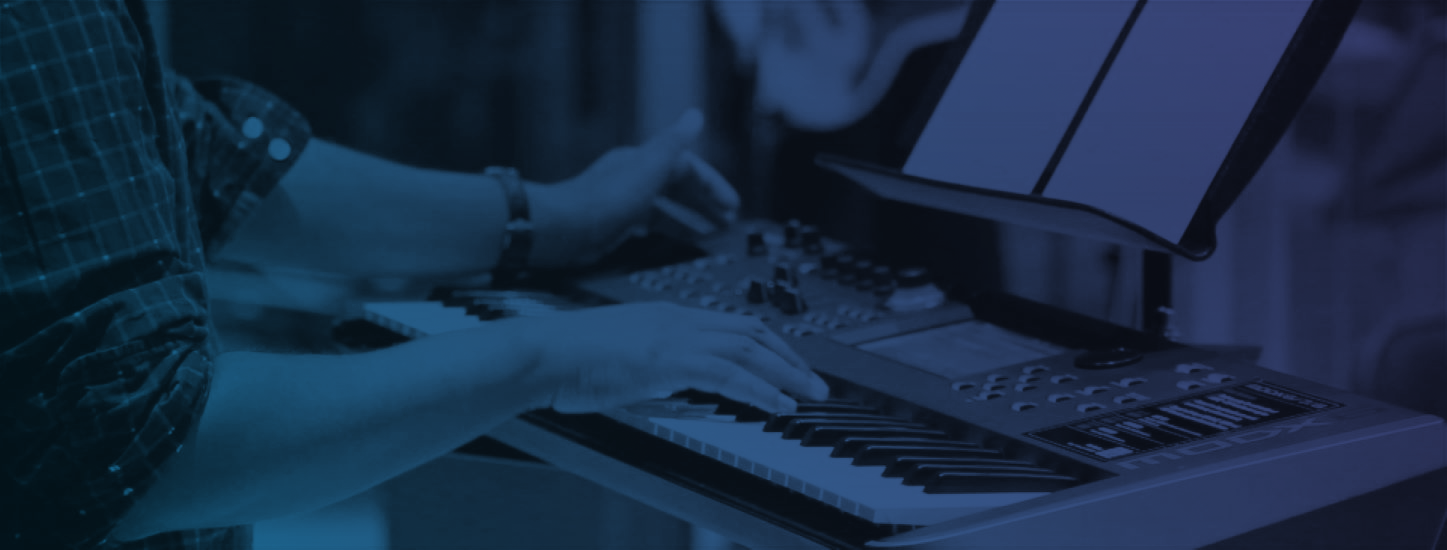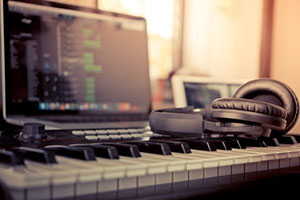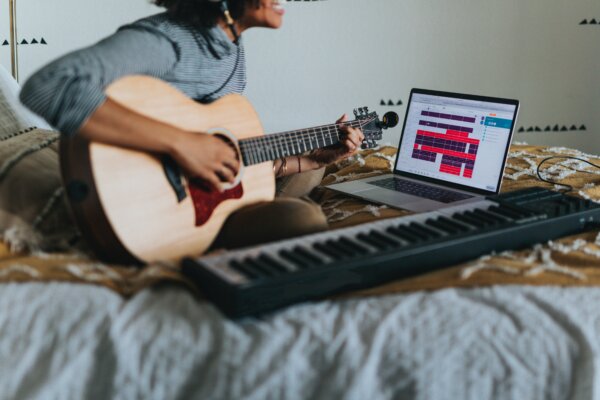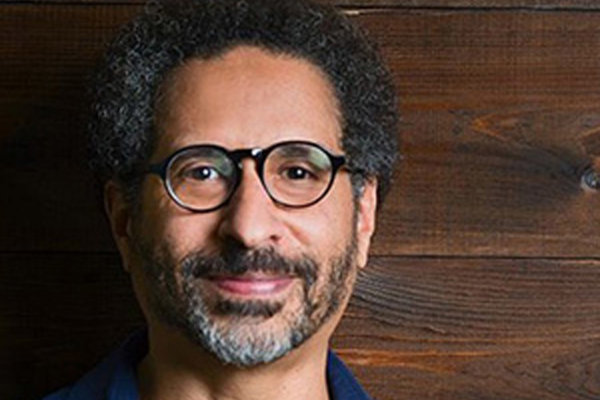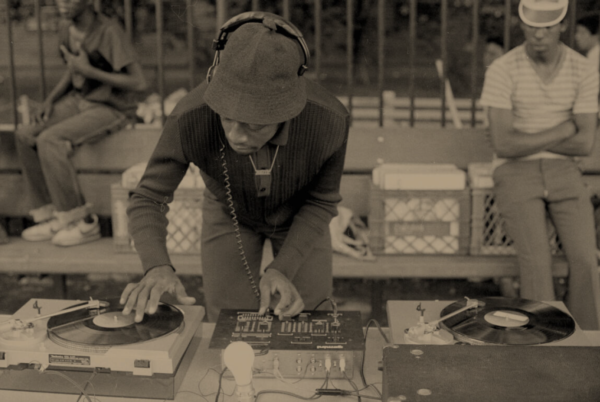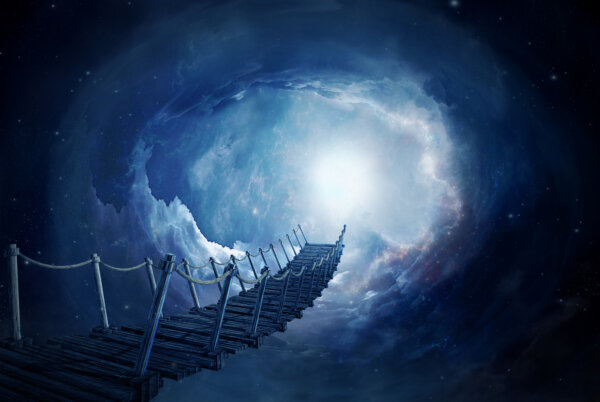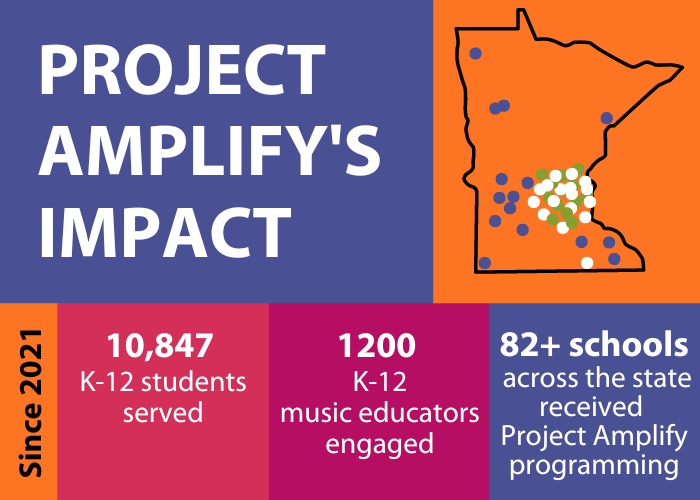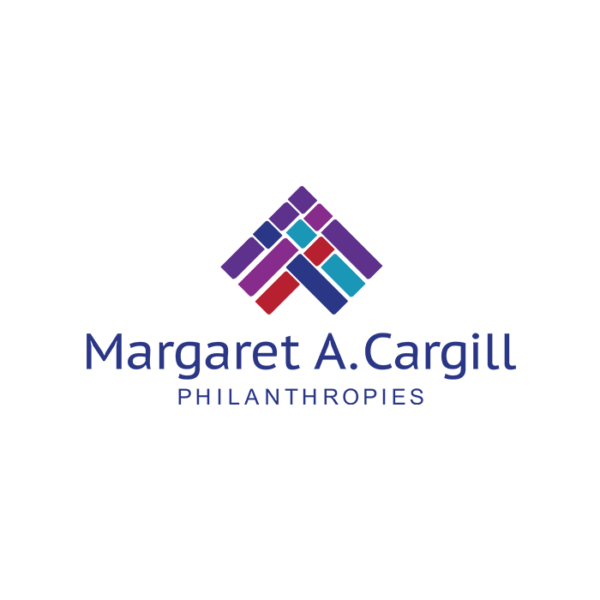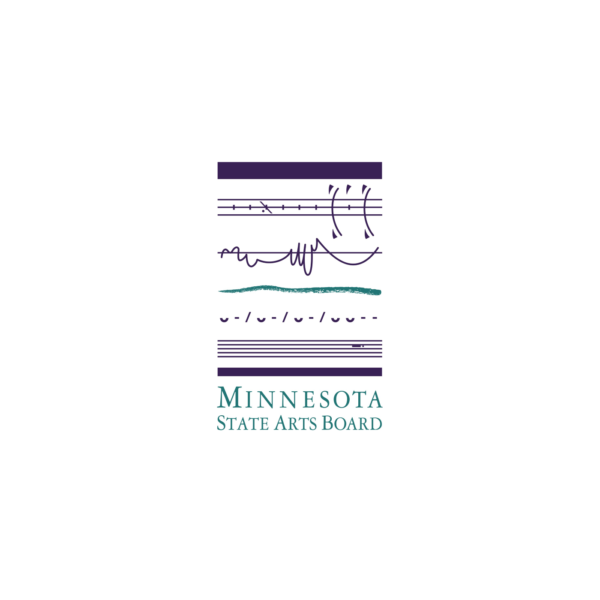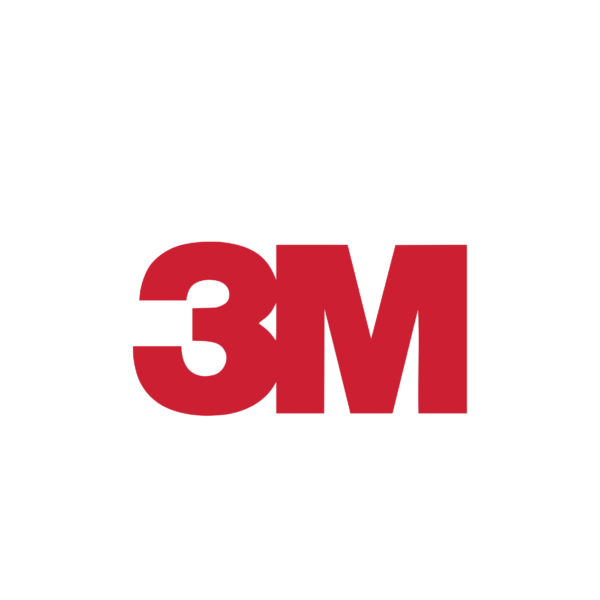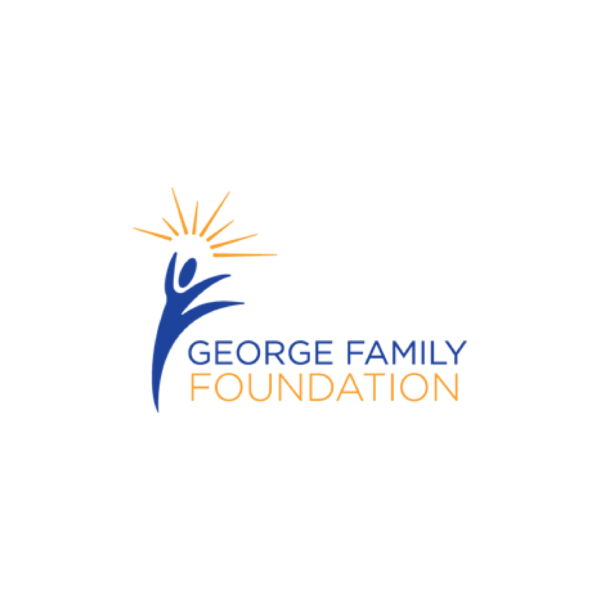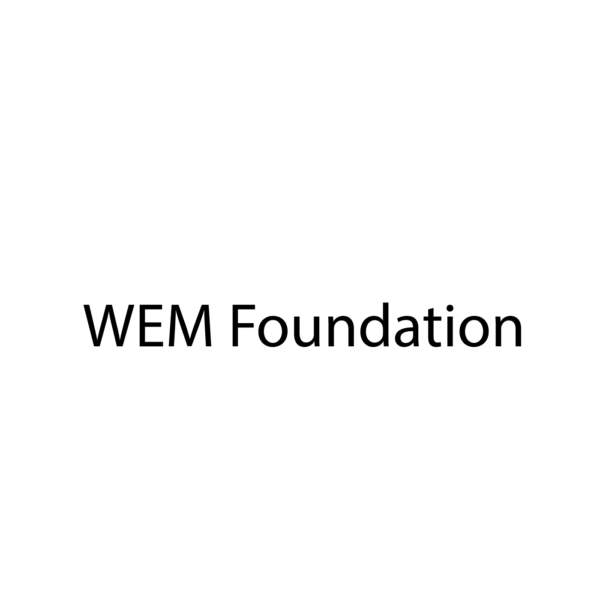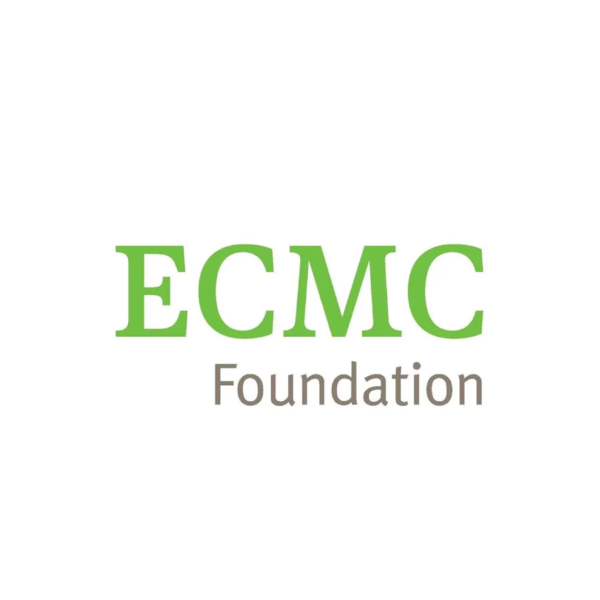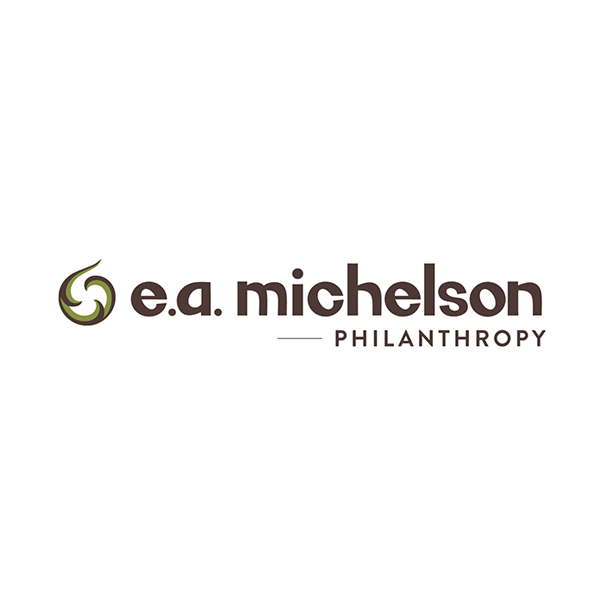Project Amplify for K-12 Music Education
About Project Amplify
Project Amplify offers transformational programming that nurtures creativity, honors students’ backgrounds, and provides tools and resources to support K-12 education at no cost to schools or music educators. Artists provide meaningful learning opportunities outside the classical canon in such areas as beat boxing, Korean drumming, West African drumming and dance, and show style HBCU drumline.
Project Amplify integrates the knowledge and resources of two MacPhail initiatives: the Electronic Music Recording Arts (EMRA) program and the Global Music Initiative (GMI).
Artists in Residence
Project Amplify provides artists in residence for school visits to engage in meaningful experiences and methods outside of the classical canon. Due to high demand, all artists have no more availability for the 2024-2025 school year. Come back this summer to learn about next year’s opportunities.

Program Description
My HUMAN BEAT BOXING, RAPPING & PERFORMANCE TECHNIQUES courses will focus briefly on the origins of Hip-Hop as a culture and its key elements. Human Beat Boxing (Vocal Percussion) concepts will be taught to ensure skill-building for grades K through 12. Songwriting, the building of stage presence, and audience engagement tactics will encourage grades 6 through 12 to confidently perform live. Both clinics are also adaptable for college-level participants. OPTIONAL DETAIL: Each student will celebrate their accomplishments during culminating showcases that boast collaborations with their peers. Especially Recommended for K-6 students.
Availability
Due to high demand, this artist is no longer available for bookings during the 2024-25 academic year.
Location
Within the metro area and up to 1.5 hours outside of the metro; in-person or online (online classes can only be 1 session)
About the Artist
Terrell X’avion / TERRELL X has spent almost 30 years making music, motivational speaking, performing live as a one-man band, touring the world and working with both youth and adults from various socio-economic backgrounds. He possesses a knack for producing intense, thought-provoking music and establishing strong, healthy relationships. 16 years of teaching human beat boxing/vocal percussion, song writing and composing short stage plays has helped Terrell build an impressive artist resume that extends all the way to Europe (5 tours between 2011 and 2013) and Asia (toured in 2018). Terrell stands firm in his support and practice of positive self-expression, and nurturing leadership skills building. He also speaks in favor of a social justice, human rights and advocacy for the lives and well-being of animals. Terrell encourages mentees to seek personal and artistic growth through education and music – just as he has done for himself. He emits heart-warming, down-to-earth energy when speaking on his experiences around living in poverty and surviving all forms of abuse – as well as growing up in the foster care system as a youth, in welcoming settings. Terrell’s professional services are highly-respected wherever they are implemented. MacPhail Center For Music, COMPAS and SteppingStone Theatre employee contract and consistently contract home for instruction. Even though he plays over 100 live shows a year, Terrell still finds time to teach private lessons, book his own national tours and be a father.
Visit Terrell X’avion’s faculty page to hear him discuss his work or watch a performance.

Program Description
Choose between two project areas.
Availability
Dr. Lee’s residency is primarily focused on schools in the Rochester area. Due to high demand, this artist is no longer available for bookings during the 2024-25 academic year.
Project 1: Learn and Enjoy Korean Songs!
1. I will develop a curriculum comprised of selections of Korean songs that can be easily taught in school classes. I will provide selections of Korean songs with background information, lyric pronunciation, lyric translation, pronunciation video, song teaching video, etc. via Google drive. *I already have a Google drive that has teaching materials for several Korean songs. I will add more songs for more available choices.
2. Music teachers can select songs they want to teach their students. I will provide more information or materials upon request.
3. After students learn a Korean song, I will visit the school and play the song with the students. I will also hold a gayageum concert for the students. The concert day can be a community gathering opportunity, too.
Project 2: Hello SamulNori!
1. I will create a Google Drive that has teaching materials for Korean drumming, SamulNori. The teaching materials will include background information on Korean drumming, performance videos, video, and notation of simple Korean traditional rhythms (called jangdan). Teachers can teach their students to play Korean rhythms using the provided teaching material.
2. After students learn Korean rhythms using their hands or classroom instruments, I will visit the school and bring Korean drums. Students will have an opportunity to play the rhythms on the Korean drums.
Especially Recommended for elementary and middle school music classrooms.
Note: Dr. Lee will send materials ahead of time to music teachers for preparation.
Location
Between Rochester and the Metro area, in-person

Program Description
West African drumming and dance with Fode Bangoura and Whitney McClusky. Students will learn many traditional patterns on hand drums and also get up and dance!
About the teaching artists:
Fode Bangoura hails from Guinea, West Africa and has been recognized internationally for his work as the lead drummer with the acclaimed ensembles “Les Merveilles de Guinée” and the national ballet of Guinea, “Les Ballets Africains”. A protege of the late, Mohamed Kemoko Sano, Fodé is now one of the most respected and sought after drummers of his generation and is currently based in the Twin Cities. Highlights of his career include opening for Damian Marley at The Apollo Theater, featured spot on MTV for Black History Month and recording with Trey Anastasio of Phish.
Whitney McClusky began her study of African dance at The Djoniba Dance and Drum Center New York with Master dancers from “Les Mervielles de Guinea” and “Les Ballets Africains”. Since then she has had the opportunity to travel to Senegal and Guinea to deepen her knowledge of West African Dance and currently teaches at St. Olaf College and Carleton College, as well as offering weekly community dance classes.
Availability
Please reach out to School Partnerships coordinator Grayson Broesch to schedule at [email protected]
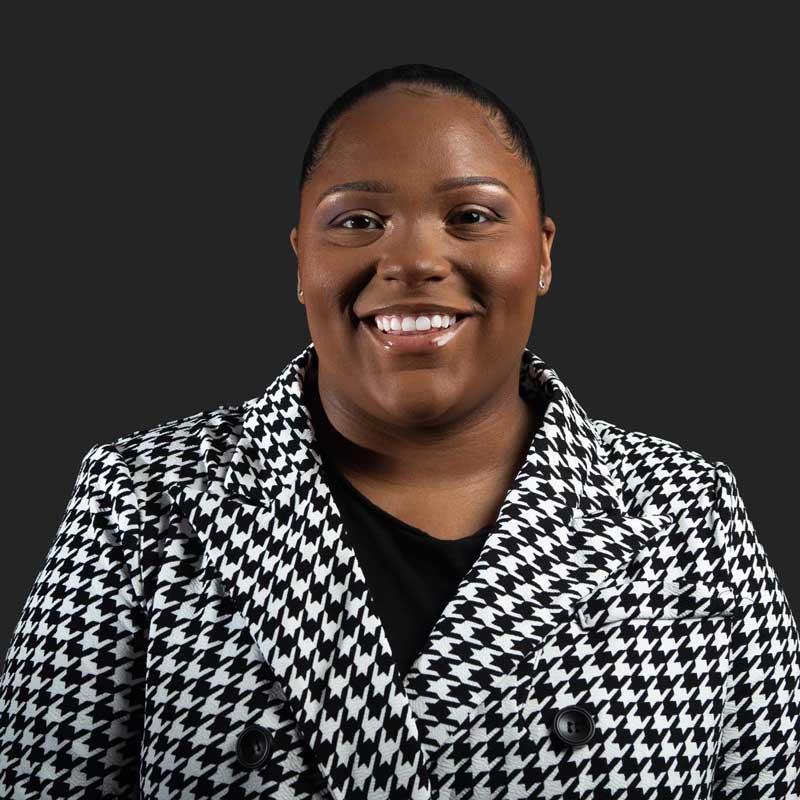
Program Description:
3rd- 12th graders will discover the transformative power of HBCU show style drumline instruction. Visits of varying lengths are available, and Shonte can bring drum pads and sticks for schools who do not have drums available for use. Students will learn about rudiments and techniques alongside showmanship and stylistic considerations.
About the teaching artist:
D’Shonte (Shonte) Carter is a music educator, cultural and youth program director, drumline clinician, and Executive Director of All City Music. D’Shonte graduated from Virginia State University, an HBCU, with a bachelor’s degree in Music Education with a concentration in Percussion. Recognizing that HBCUs and HBCU band culture are not readily accessible in Minnesota, Shonte and her husband, Deondre Carter, co-founded All City Music. All City Music aims to bridge the gap in arts access for underserved students within the Twin Cities by drawing inspiration from HBCU band culture and offering programs such as the Northside United Summer Band Camp, All City Band, and All City Residency. Her teaching, instruction, and entrepreneurship focus on closing the gaps in arts education and opportunities for youth by providing marching arts, including marching band, drumline, and majorette dance, to increase student engagement in the arts, incorporate culturally responsive curriculum and instruction, and provide an additional pathway to a brighter future.
Availability
Due to high demand, this artist is no longer available for bookings during the 2024-25 academic year.
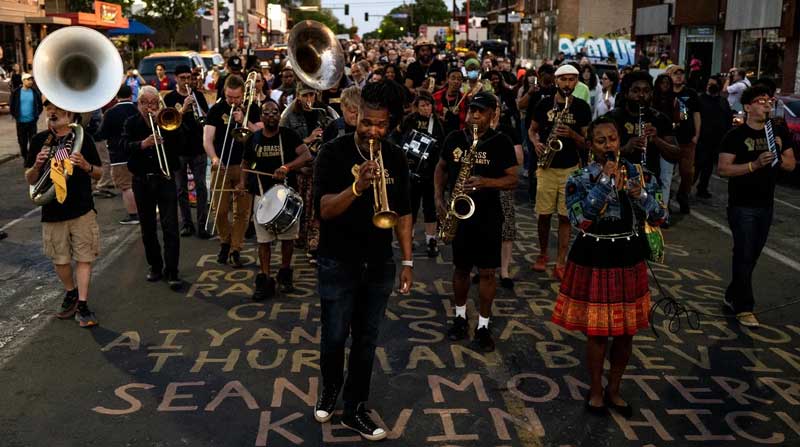
Program Description:
Brass Solidarity is a brass band founded in 2021 in response to the murder of George Floyd and the ongoing fight in the movement for Black lives. The members of Brass Solidarity come from a variety of musical backgrounds and are united in their dedication to using their talents to promote social justice and bring people together. Brass Solidarity Teaching Artists deliver residencies and performances to schools and communities empowering young people to form street brass bands. They help students participate in the cultural life of the Twin Cities by speaking their values and ideas out loud, in public, through musical participation. They are dedicated to building ongoing support for all youth to have voice and play music, especially caring for BIPOC, queer, and femme youth in the community. We believe students must have access to music, instruments and mentorship in order to thrive.
Brass Solidarity is built out of the tradition of resilience and community fortitude through music. Our Brass Solidarity Teaching Artists teach music from the lineage of civil rights music by ear in a joyful process of collaboration with students. Our students learn that if they can sing it, they can play it! Through our residencies, students learn leadership, musical collaboration and communication skills while building brass bands that become part of the life of their communities.
Availability
For the 2024-2025 school year, Brass Solidarity will be solely working with specific south Minneapolis Public Schools band programs, and they are not available for booking. We hope to expand their reach in the future.
Resources for Music Educators

Noteworthy Instruction Program
The Noteworthy Instruction Program serves schools with high needs and limited budgets with sectional coaching, individual lessons, group classes and music production courses. Noteworthy is available in person in the Twin Cities metro area and virtually for schools that are more than an hour away from MacPhail Minneapolis and whose districts are smaller than 1,000 students.
2024-2025 Noteworthy Instruction Recipients
- Hopkins High School – After-School Guitar Club
- Justice Page Middle School – Band and Orchestra Sectionals
- Justice Page Middle School – Guitar Class
- Nicollet Middle School – Orchestra Sectionals and Lessons
- North View Middle School – Orchestra Sectionals
- Richfield High School – Voice Lessons
- Richfield Middle School – Band Sectionals
- Sanford Middle School – Band Sectionals
- South High School – Band Sectionals
- St. Louis Park High School – Beat-Making Class
- Osseo Middle School – Orchestra Sectionals
2023-2024 Noteworthy Instruction Recipients
- Coon Rapids High School – Band Sectionals
- Integrated Arts Academy – Guitar Class
- Justice Page Middle School – Band and Orchestra Sectionals
- North Saint Paul High School – Band Sectionals and Wind Ensemble Clinics
- Oak Hill Montessori Community School – Band Sectionals
- Richfield Middle School – Band Sectionals
- South High School – Beginning Band Sectionals
- Saint Louis Park High School – Electronic Music Class Support
- Woodbury Middle School – Sixth Grade Band Sectionals
Project Amplify Sponsors
Questions?
Contact Ben Bussey at [email protected].

